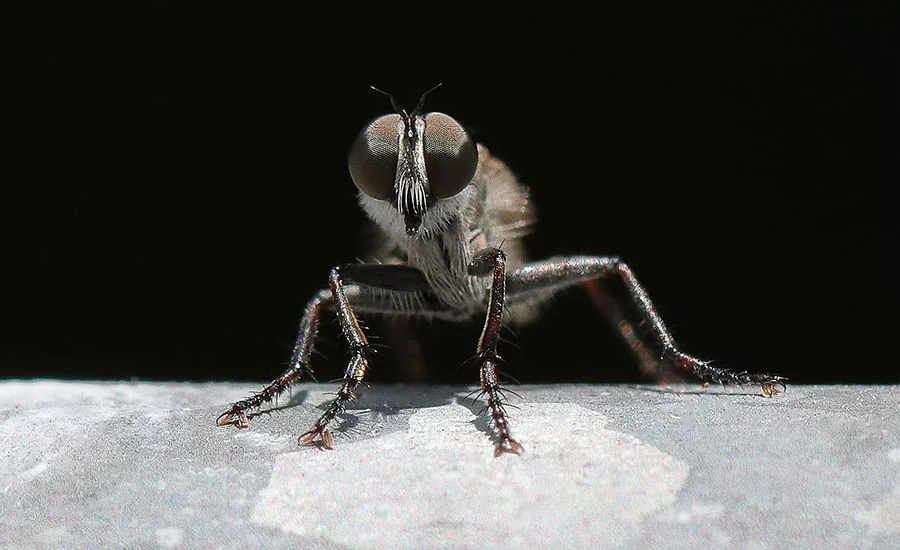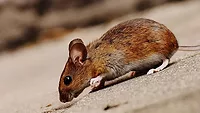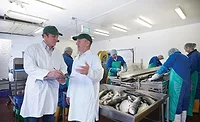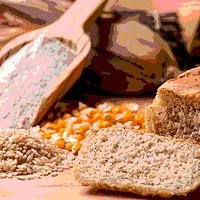Maximizing Your Relationship with Your Pest Control Partner: Everything Food Processors Need To Know

The abundance of food and shelter found inside food processing facilities makes them the ideal hideaway for pests like rodents, cockroaches, flies, and others. However, there is a zero-tolerance policy when it comes to the presence of pests in these facilities. A singular pest can quickly grow into full-blown infestation, making it extremely important for facility managers to ensure that they have a year-round partnership with a reliable pest control company.
Food Processing Pests
Food processing facilities are most susceptible to rodent, fly, cockroach, and stored product pest infestations as they provide ample food, shelter, and moisture. These pests are extremely worrisome for food processors, as they can contaminate food with their droppings and are known to spread many pathogens to humans, including Escherichia coli and Salmonella.
Rodents are also known for chewing through wiring, which can result in electrical fires and damage to essential machinery. While pantry pests, such as Indian meal moths and merchant grain beetles, do not transmit disease, they can still infest ingredients, resulting in the contamination of food products made in these facilities.
Choosing a Pest Control Partner
The first and most important step in ensuring a pest-free facility is choosing a pest control partner. It is best to meet with several companies to determine which one will be the best fit for your facility’s location and needs. During the evaluation process, be sure to ask detailed questions about the company’s pest control practices and other clients they serve in the industry. It can be helpful to inquire with industry peers and partners on their pest control experiences. Also, look for companies that are members of national, state, or local associations. These memberships speak to a commitment to protecting public health and property from the threats posed by pests, as well as a desire to receive ongoing education about new technologies and treatment techniques.
Once you have chosen the pest control partner best suited for your business, there are several ways to guarantee that you are getting the most out of your relationship. Scheduling regular inspections can help catch potential pest problems in your facility before an infestation takes hold. Your pest control partner is expertly trained to treat any potential problems discovered to ensure the safety of your employees and the products made inside your facility. On top of regularly scheduled inspections, it is helpful to maintain regular and open communication with your pest control partner on pest issues you are experiencing. This can help your pest control provider tailor inspections and treatments to your facility’s specific needs.
Proper Pest Prevention
A commercial pest control partner will help develop an Integrated Pest Management (IPM) plan specially designed for your facility and its unique needs to ensure compliance with U.S. Food and Drug Administration (FDA) regulations on pest control. IPM is a pest control method that focuses on three basic techniques: inspection, identification, and treatment by a pest control professional.
While it is imperative to have a continual partnership with a licensed pest control company, facility managers also play a vital role in keeping their facilities pest-free between inspections and treatments. To help keep pests out, facility managers should implement these IPM best practices:
- Ensure that employee kitchens and break rooms are clean by wiping down counter tops and sweeping floors to remove crumbs and residue from spills
- Vacuum and clean all areas regularly, including offices, hallways, lobbies, and public restrooms
- Routinely check under sinks and machinery for areas of moisture, and repair any leaking pipes or clogged drains
- Store all food products in sealed containers, and organize empty boxes to prevent harborage areas
- Keep trash in sealed containers inside the building, remove trash from the facility regularly, and ensure that dumpsters are far away from the building entry points
- Inspect the exterior of the building to ensure that there are no entry points for pests, paying close attention to areas where pipes and utilities enter the building, and seal any gaps or cracks in the foundation
- Install door sweeps on exterior doors to seal the gap between the floor and the door where pests can enter
- Remove debris from gutters and direct water away from the building through properly functioning downspouts, gutters, and splash blocks
- Install a gravel perimeter around the building to discourage vegetation growth that could harbor pests
- Ensure that the grounds surrounding the facility are properly maintained, as overgrown vegetation can attract pests to the property.
Pest control is essential to the success and longevity of all food processing facilities and should not only be addressed when an issue arises. Conducting regular inspections and treatments with your pest control partner and implementing a proactive IPM strategy can ensure that both your facility and the food made within it remain pest-free.
Looking for quick answers on food safety topics?
Try Ask FSM, our new smart AI search tool.
Ask FSM →






.webp?t=1721343192)

